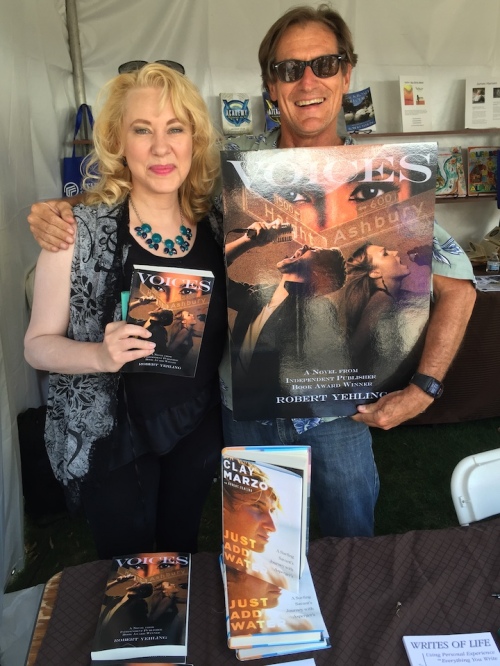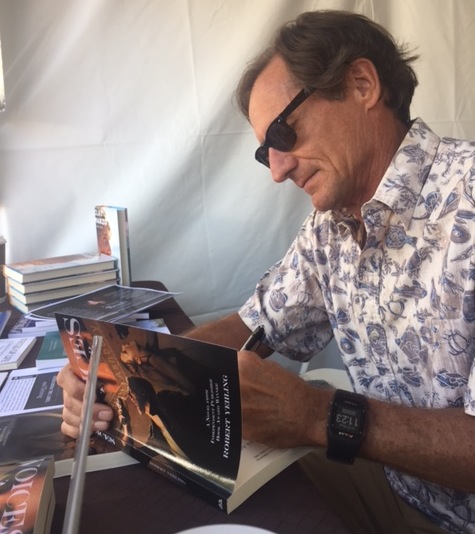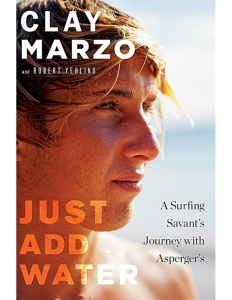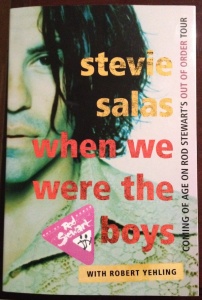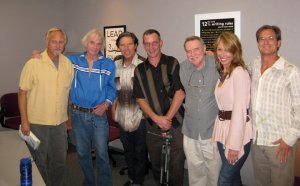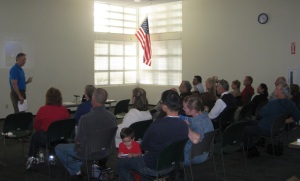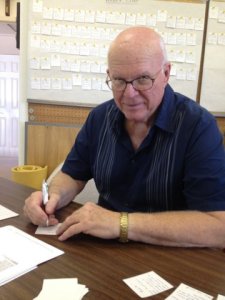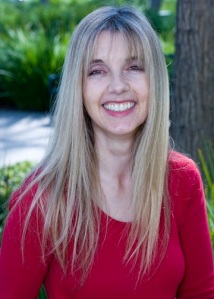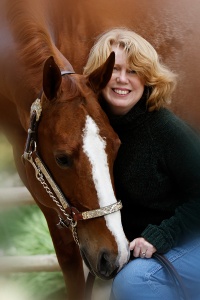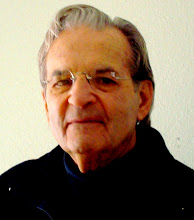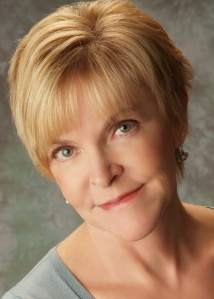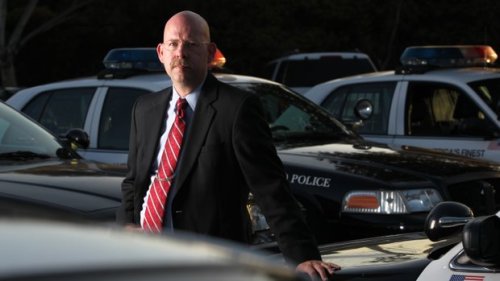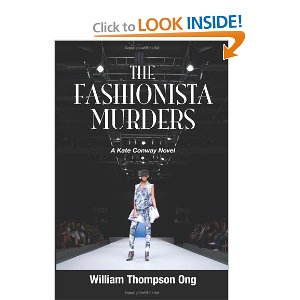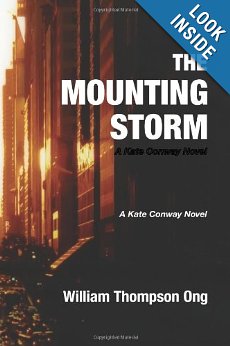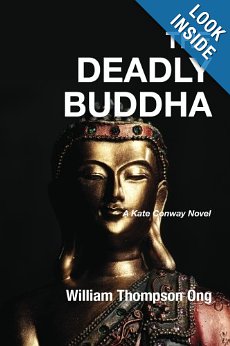(EDITOR’S NOTE: This is the first in a two-part series on author/entrepreneur A.G. Billig, and how she is bringing her vast media, publishing branding experience to thousands of authors through SelfPublishingMastery.com. Here, she discusses her professional background, writing experiences, and her vision for the world’s most diverse self-publishing online platform.)
She wrote her first short story as a child. At age 13, the Romanian media dubbed her a child prodigy. Three years later, she was writing professionally for a popular national newspaper on teen issues. Then, at 17, she became a radio host — which led to producing a TV show for an independent Romanian network. Finally, when A.G. Billig entered her twenties, she became editor-in-chief for a variety of teen magazines.
How’s that for the start of a writing career? A career seemingly predestined at birth? What happens if you add to that a Master’s Degree in public relations and communication and a sharp, incisive entrepreneurial mind?
Now, this captivating, multi-talented author, and international media and branding expert has established herself in the U.S., imparting her knowledge and insight to benefit thousands of authors. She is the creator of SelfPublishingMastery.com, a multi-channel platform that brings writing and business tips, consulting, books, writing and editing services, resources, online summits, professional referrals, the best writing instructors, a publishing imprint and much more. In 2017, it was named one of the Top 100 self-publishing blogs online. It’s only going to grow.
In an announcement I’m very proud to make, the editorial services wing of my company, Word Journeys, is shifting to SPM in a new partnership agreement.
As a writer, A.G.’s work is extensive in the journalism world, and growing in books. Her two books, Four Doors and Other Stories and I Choose Love, are award-winners. Her deep, thoughtful soul and incisive mind merge in her works to provide delicious prose that informs as it invokes feeling and thought, giving us insight into ourselves. Interestingly, that is what the greatest mentors do: show the way, often without stating it in those terms.

A.G. Billig presenting a workshop on branding and marketing for self-published authors at the Greater Los Angeles Writers Conference. Branding and marketing are central themes _ and features — of SelfPublishingMastery.com
A.G. is a mentor to authors throughout the world, and has caught the attention of writers conference directors. She has presented at the Greater LA Writers, Genre-LA and Digital Writing & Self Publishing conferences, and recently conducted a Master Workshop on author branding. In this two-part interview, she unveils the full scope of SelfPublishingMastery.com, a huge author asset in a self-publishing market that saw an estimated 900,000 titles published last year.
WORD JOURNEYS: Let’s start at the beginning. What inspired you to begin writing?
A.G.Billig: When I was 8, my parents bought a brand new car. My excitement about the prospect of future summer trips across Romania translated into a short story, the first in a long series. My father, an avid reader and aspiring author, loved my writing and encouraged me to pursue it. By 13, I was winning national literary prizes for short stories. I wrote my first novel, a teenage love story, at 15 —and then took a break from writing fiction until 2012.
WJ: What was one of the biggest takeaways of your early journalism career, when you had years of top professional experience by the time you reached your twenties?
A.G.: It was a beautiful way to meet extraordinary people and share their amazing stories with the rest of the world, stretch my comfort zone, and learn new skills. It felt good whenever someone would stop me on the street to tell me they enjoyed my shows.
WJ: What books did you read as a teen and young adult? How did they inform and shape the stories and book ideas you wanted to pursue?
A.G. Though Romania was still under Communist rule in my early years, I was fortunate to grow up in a house filled with books. My father was born in Paris. He loved French culture as well as universal literary giants. The moment I learned how to read, I started devouring writers such as Honore de Balzac, Emile Zola, Charles Dickens, Mark Twain, Lev Tolstoy, Anton Chekhov, Giovanni Boccaccio, Jane Austen, Ralph Waldo Emerson, and F. Scott Fitzgerald, to name a few. These authors and readings shaped my literary tastes and taught me how to write. I learned how to use description, write dialogue, and build solid characters from them. I also learned the type of emotional and cognitive experience a book is supposed to create for the reader, that essential element that stands the test of time. Although I never wanted to be like these authors, I always aimed at giving my best in my writing. We can all do that by being authentic and passionate about what we do.
WJ: When did you start considering working with self-published authors? What need did you perceive?
A.G.: In 2015, at the London Book Fair. It seems like this event changes my life every three years — I wonder what’s going to happen in 2018! I attended as a journalist (I was a contributor to the Romanian edition of Playboy). I was already following podcasts on self-publishing and wanted to know more about it. The free talks and panels proved to be of great help. The success stories of self-published authors such as Mark Dawson and C.J. Lyons, making six-figure incomes on their books, gave me an A-HA! moment. I realized that the publishing game was changing and self-publishing opened a global market for authors, provided they had the necessary skills. Since I have an entrepreneurial mind, I seized the opportunity, not only for myself, but also for my fellow authors. I realized that they needed support with branding and marketing their books. They would needed resources, information, and education. “Why not use my passion for journalism to serve these people?” I asked myself.
Early in 2016, just about the same time I self-published I Choose Love, Self-Publishing Mastery was born.
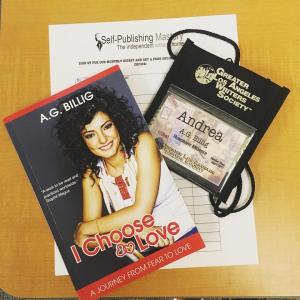 WJ: Let’s go back to your creative love – writing books. First, tell us about I Choose Love – certainly a timely read in this day and age.
WJ: Let’s go back to your creative love – writing books. First, tell us about I Choose Love – certainly a timely read in this day and age.
A.G.: I never thought I would write a non-fiction book, but a lot went on in 2015 — terror attacks, natural disasters. The world was (and still is) governed by fear. The only way out was choosing love, again and again, every second of our life. At that point, I Choose Love came to me as what some would call a “download”. It took about a month to complete. It was easy for me, because it stemmed from my heart. I also had a clear structure from the beginning, and a thorough knowledge of the topic based on seven years of spiritual practice and personal experiences. It offers practical tools for overcoming fear and attracting love into one’s life.
WJ: Can’t think of a subject more purposeful! You also mentioned you shelved your teenage love of fiction writing until 2012. Typically, when we leave our story writing youth, we rarely find that thread again, but you did. Tell us about Four Doors and Other Stories.
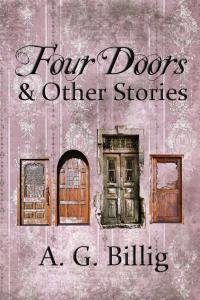 A.G.: This book shows what can happen when we are in the flow. It marked my return to writing fiction, and it brought me a contract with a U.K. publisher.
A.G.: This book shows what can happen when we are in the flow. It marked my return to writing fiction, and it brought me a contract with a U.K. publisher.
I created this short stories collection about love, because love represents the foundation of who I am and everything I do, including helping other authors become successful. My vision was to portray love as our true essence, which can be expressed in so many different ways. Once I had this concept clear in my mind, I just allowed the inspiration to flow in.
WJ: What is your vision with SelfPublishingMastery.com? What are the features? How do you, and the platform, assist writers in their journeys?
A.G. My original concept for Self Publishing Mastery was to be the Billboard magazine for the global self-publishing industry. My vision was to support and empower indie authors from around the world to self-publish, and help them master the publishing process.
We began by (and are still) covering book marketing, the writing craft, the right mindset for success, writers’ conferences, success stories, writers Facebook groups, podcasts, and book blogs. After the past year of getting a chance to talk to authors, we decided to add an educational component. Now we will also have workshops, online courses, books, and an online academy. We’ve just further expanded the range of our services for authors through the full-service portfolio, twenty years’ standing, that Word Journeys is bringing in. We have evergreen content, constantly refreshing. We’ve also got some goodies for those who subscribe to our newsletter such as “The top 20 Amazon book reviewers list” and “The successful book launch checklist.” Authors can and will find all that they need for successful self-publishing on our site. Please stop by!
(NEXT: A.G. Billig breaks down SelfPublishingMastery.com, and the particular challenge self-published authors face with branding, distribution, and lifting their work above the growing mass of titles and voices — and how to reach their world of awaiting readers in the process.)


